
“Of course it wasn’t always like this,” said Grandma turning the TV off. “When I was young, we used to see other things, things that nowadays we don’t see anymore. The world looked very different then – for one, seeing was all about time. You’d wake up, look for the oats to put in your milk, and you’d spend minutes just like that, with your arm suspended in mid-air, staring at the jar as the story of every single oat would play in front of your eyes, from the field it grew up in, to the old, sun-worn lady that picked it after a clear night of full moon. You’d see families of bugs with sharp teeth, and with them the seasons, and the same sun-worn hands that came to check upon the oat’s growth; you’d see it shredded to pieces in your stomach, swimming in the wine from the night before, and sometimes you’d even see the whole mixture in your digestive system, which often ended up putting you off breakfast – the elders would always get snotty at us kids for not eating enough.
“The thing is, it was difficult to get anything done when there was constantly so much to see. Because it’s not like you could simply choose not to look – whether you liked it or not, your eyes would still rest on the bed, on Auntie May’s ridiculous night robes, on your big toe or on the tomato splash on the kitchen wall. And for everything your gaze would brush, you’d see all the frequencies within the spectrum of time that weren’t absorbed by the object’s heat, and that would therefore be refracted on its surface to be turned into images by your brain. I specify it was in images that we experienced time, because that’s how it always was for me, even though cousin John claimed he could also hear sounds. Personally, I always had the feeling he just wanted to be facetious, like that once he told everyone he’d seen me at some point in the future saying that cousin Agatha’s husband was bald, and Agatha got really angry at me even though by then, of course, she hadn’t even met her husband.
“You can see this whole business of seeing the spectrum of time wasn’t as fun as it might sound – today you get people arguing for months over the colour of a dress being blue or gold, but we had much more to argue about. People regularly lied about what they’d seen in order to get their way. You’d see boys telling girls they’d seen the two of them happily married just to get in their pants, and incompetent messiahs pretending they’d seen salvation just to get followers. And it’s not like we could tell the lies apart that easily. Our eyes were able to see time in its whole, but that’s not to say we could choose what to see, just like today we can’t just choose to see the sky green and the sea orange. There was no way to know whether you were going to get a glimpse of the 1950s, or of 2300 A.C. or 7000 B.C – let alone specify a date!
“For one, it had a lot to do with temperature. The future was visible on warmer frequencies, whereas the past sat at the other end of the spectrum, in the cold. Winter, for instance, was all about the past – except for when you’d curl up in a blanket in front of the fireplace, and then it was all visions of crumbling fires that hadn’t yet occurred, of yet to be published newspapers Grandpa would throw in the flames, of nights spent wrapped in arms you were yet to meet. And summer, oh summer! Summer was an endless sea of contemplating futures – we’d all just sit in one of the old town squares, sipping a glass of wine, catching glimpses of apocalyptic movies or speculating on the next video game. I saw a kid play Pokemon on a GameBoy long before electricity was invented, and I knew mullets were going to be popular way before the 80s, which earned me a lot of mockery, as it turned out no one else had seen that particular point on the spectrum of time.
“Of course there were things one could have done to see more of the future gamma, if that was what they were about, for instance by eating a warm soup and wearing enough layers of clothing or by putting the object whose future frequencies one wanted to look at near the fireplace. But even then, it was all very random and imprecise. It was easy to get confused, especially if you were a little tired or hungover from the night before, and forget yourself and your place in the universe. Fathers would sometimes believe they were children again and cry loudly when hungry, and toddlers would see their adult selves and think they could start the fire. You can imagine the mess. Keeping society organised was so difficult that one King ordered we all start walking with our eyes closed so that we could avoid seeing, which obviously wasn’t ideal in other ways, as I found after toppling over Nan’s umbrella and breaking my foot. And then, we all just lost the ability to see time.
“Now, it’s not like it happened overnight, no, like all evolutions it was a gradual thing. At first we just saw less and less of the future – but no one paid much attention to the change, we were used to everyone claiming they already knew what was going to happen, true or not. But then images of the past began to grow more and more distant, and you’d no longer find yourself gazing at a piece of wood, remembering sailing the boat it once was in the breeze – and very quickly those who did were studied like circus freaks, and people started to talk about ghosts, reincarnation and parallel dimensions. Bollocks! Everyone who’d been there before knew that it was nothing of the sort. It was merely the wood’s heat refracting the time frequencies of a long lost past, and the human retina of the gazer picking it up and seeing it unravel, as some sort of leftover from our ancestors.
“Anyway, as quickly as our eyes became accustomed to only seeing the colours of the present, so did our brains. It was fun at first, to focus on the now, to feel your heart fill with glitter at the kiss of your love, without seeing whether or not it would last, but just enjoying the shape of their face, the look on their eyes then and there. Things were easier – without being constantly overwhelmed by the inconsistent, chaotic, anguishing web of time, we were able to focus on one thing and make some sense of it – which led to all the technological progress mankind made since. But soon kids began refusing to learn from the experiences of their elders, and then those same elders began ignoring the experiences of their own elders, until politicians went as far as denying entire history pages.
“Of course, now it’s common practice, and you hear people regularly deny the relevance of the past on the basis that they can’t remember it. Just now I was playing cards at the bar and I picked an argument with Mr Putney, who wanted to convince me that it is okay for us to turn our anger towards foreigners, because today there won’t be a war. But if all of a sudden the past no longer matters – a past that even though we can no longer see for ourselves can still be known and verified in the stories of others, in the scars of the city walls – then what about the future, the future that no one can actually peer at anymore! Ministers deny the effects of the economy on climate change, businessmen blindly pour money into developing Artificial Intelligence, and mentioning the future has become almost insulting. Or worse, outright idiotic; you get told ‘Well, we don’t know so no point thinking about it,’ as if the fact we can no longer see beyond our immediate location in the space-time continuum meant we exist in a vacuum. Let me be clear, I’m not saying that life was better before we lost the ability to see time. Just perhaps, some days, it would be nice to stare at yourself for a long minute and try to spot on the lines of your hand, the colours of the past and those of the future.”
According to physicists Mlodinow and Brun, memories align with the thermodynamic arrow of time. In other words, the flow of time is not an inherent property of reality but rather a mental construct of our own – not unlike our experience of colours.
About The Author
Gemma Ghelardi likes to mix psychology, magic realism and humour to explore life’s big questions. Sometimes it results in stories or films, and sometimes just in a jumble of notes leaving the author positively confused.
Bandit Fiction is an entirely not-for-profit organisation ran by passionate volunteers. We do our best to keep costs low, but we rely on the support of our readers and followers to be able to do what we do. The best way to support us is by purchasing one of our back issues. All issues are ‘pay what you want’, and all money goes directly towards paying operational costs.



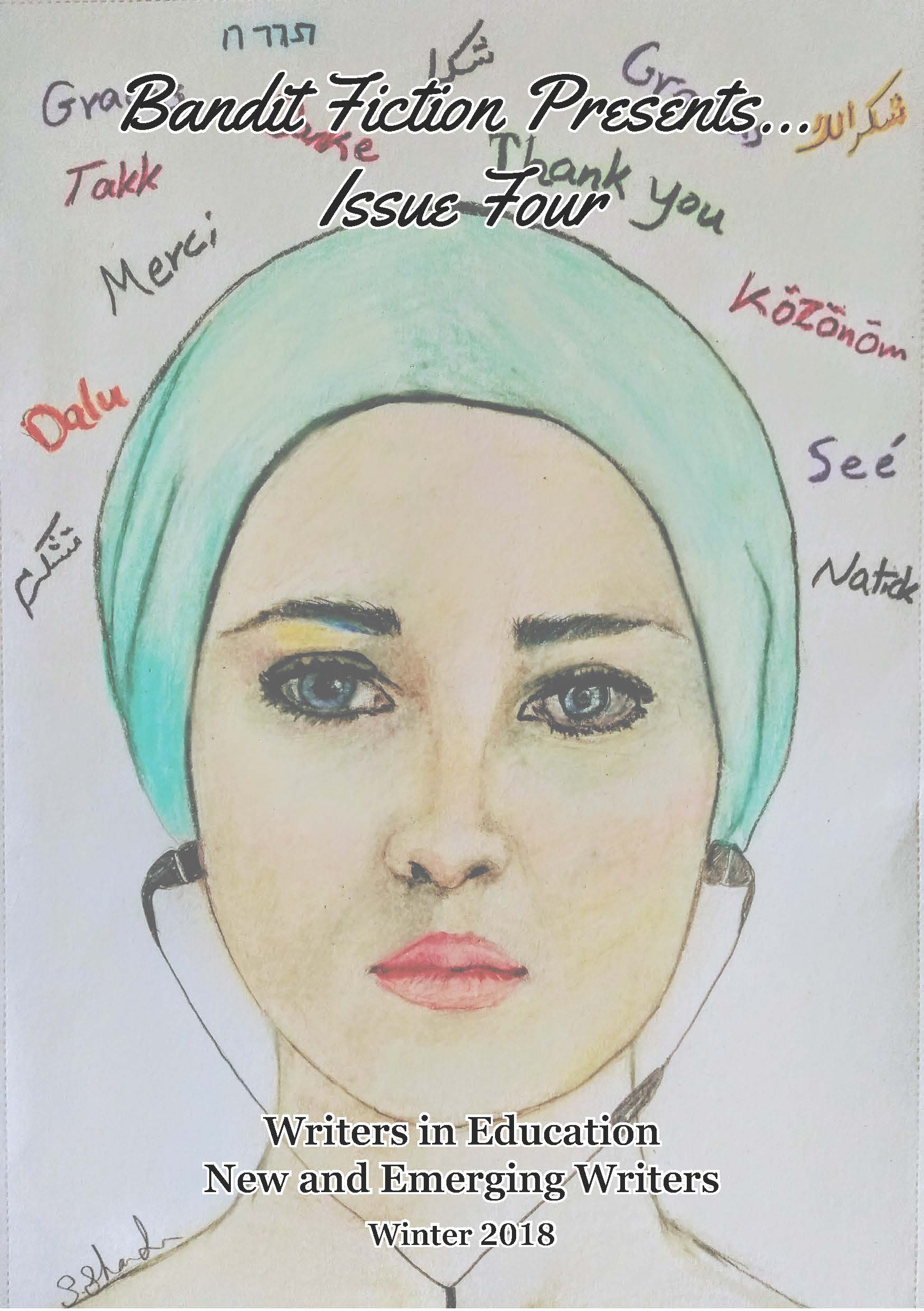

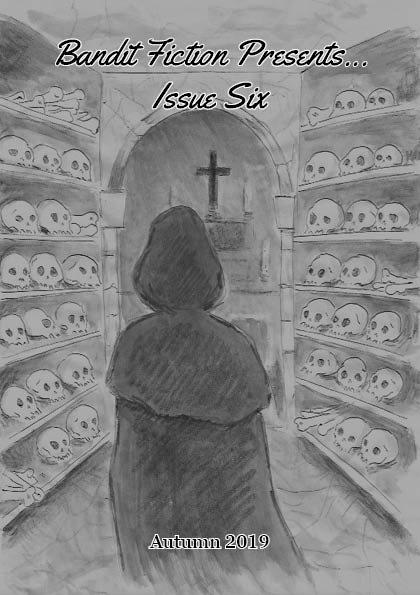










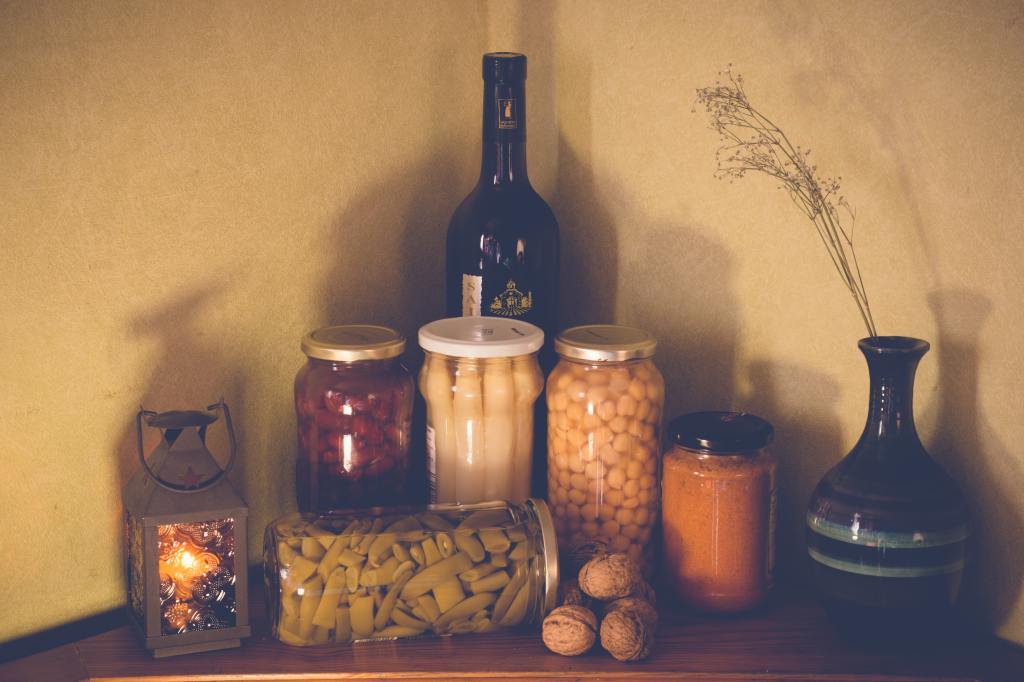
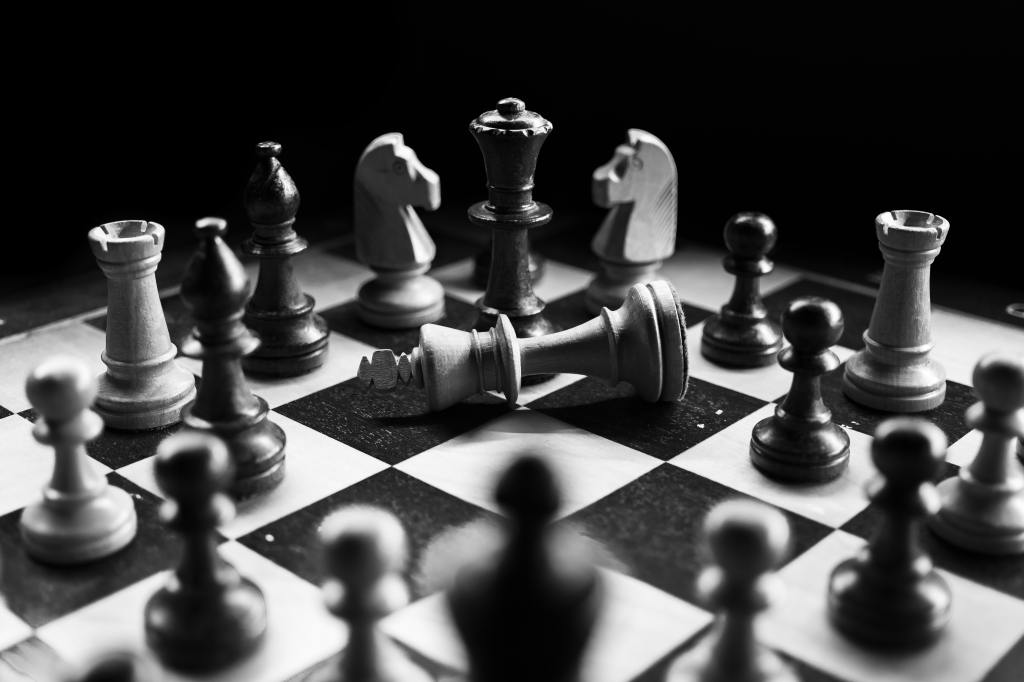

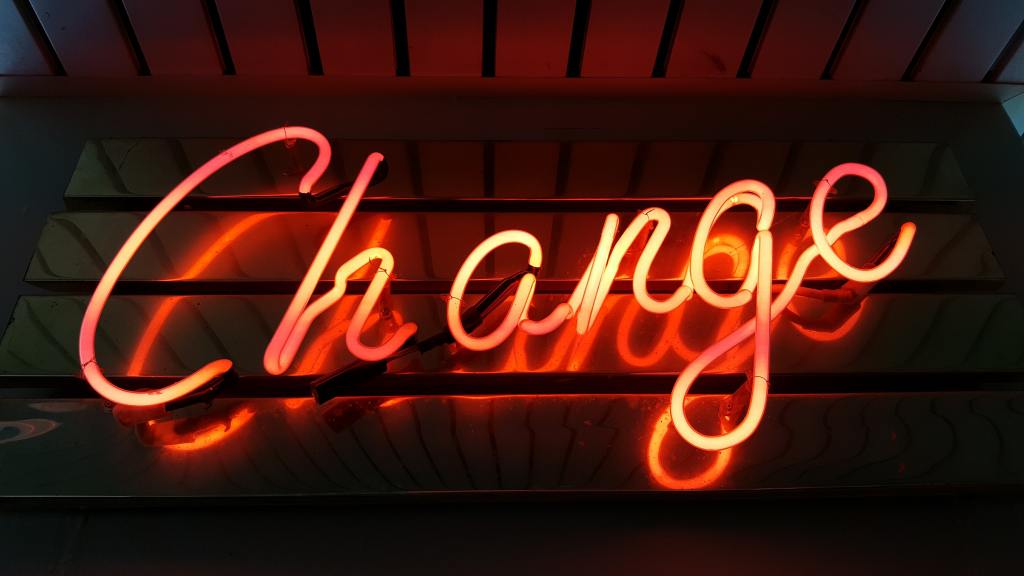


Leave a Reply